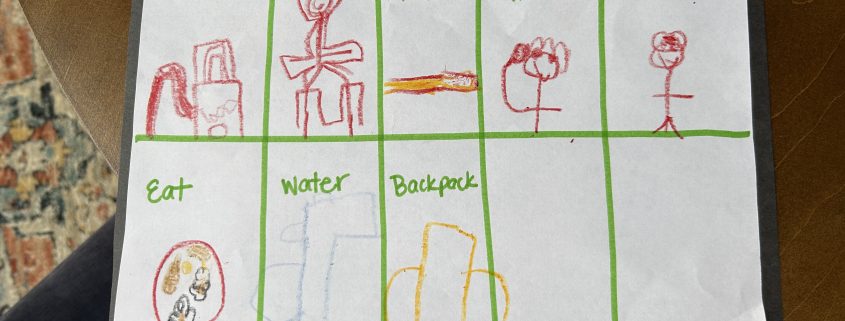What’s the Difference Between Divorce Counseling Co-Parenting Counseling
Creative Family Counseling is excited to announce two new specialties for clients: Divorce Counseling and Co-Parenting Counseling. Oftentimes there can be an overlap for these two services as couples navigate divorce and co-parenting dynamics at the same time but there is a clearly defined difference between these two services.
What is Divorce Counseling?
There are fewer family decisions that have such a monumental impact than deciding to divorce. This is especially so when children are included in the picture. For couples who are navigating a revision to their relationship, there are many factors involved. This can be overwhelming and difficult to discuss in a neutral and positive way with the partner in which you are un-coupling.










